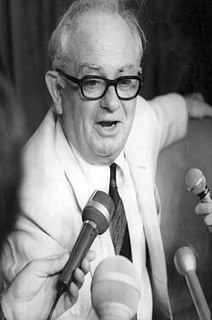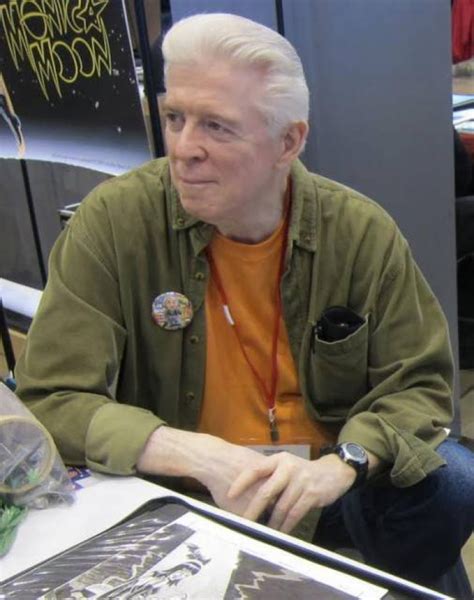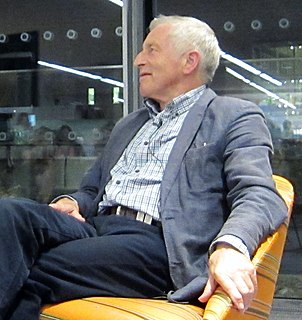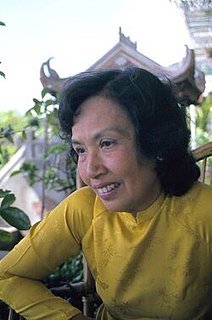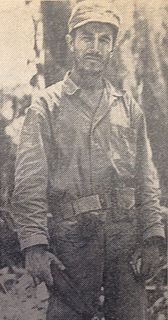A Quote by William J. Duiker
I see no reason to believe that the Vietnamese Communist Party will lose control over the reins of power in Vietnam. There is no organized force in the country that is capable of competing with the VCP for power. And the party still believes that it must rule by intimidation and by dominating the political scene In effect, it has abandoned that part of Ho Chi Minh's legacy that the people must be won over by persuasion rather than by force - a dictum that Ho Chi Minh did not always follow himself.
Quote Topics
Abandoned
Always
Believe
Believes
Capable
Chi
Communist
Communist Party
Competing
Control
Country
Did
Dominating
Effect
Follow
Force
Himself
Intimidation
Legacy
Lose
Must
No Reason
Organized
Over
Part
Party
People
Persuasion
Political
Power
Rather
Reason
Reins
Rule
Scene
See
Still
Than
Vietnam
Vietnamese
Will
Related Quotes
On many occasions in the late 1950s and 1960s, [Ho Chi Minh's] ideas were apparently ignored by those who felt that his approach was too naive and prone to compromise. The outbreak of open warfare with the French and later with the United States was in effect a sign of the failure of Ho Chi Minh to achieve his objective to fight and win at low cost.
We seem bent upon saving the Vietnamese from Ho Chi Minh, even if we have to kill them and demolish their country to do it....I do not intend to remain silent in the face of what I regard as a policy of madness which, sooner or later, will envelop my son and American youth by the millions for years to come.

